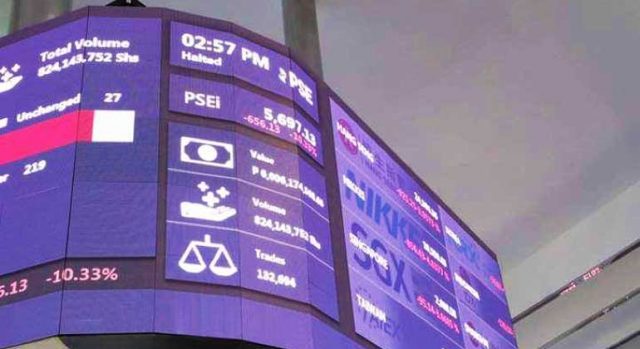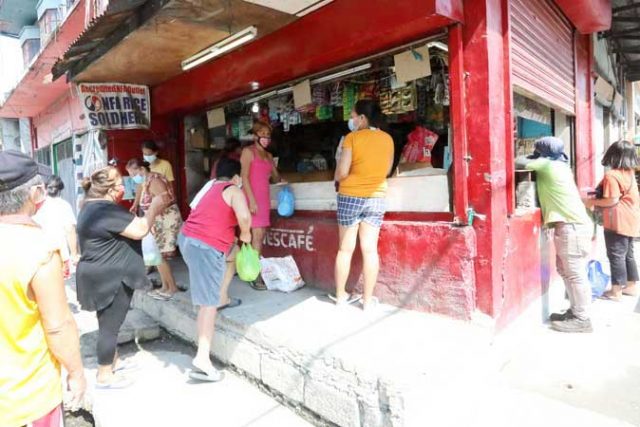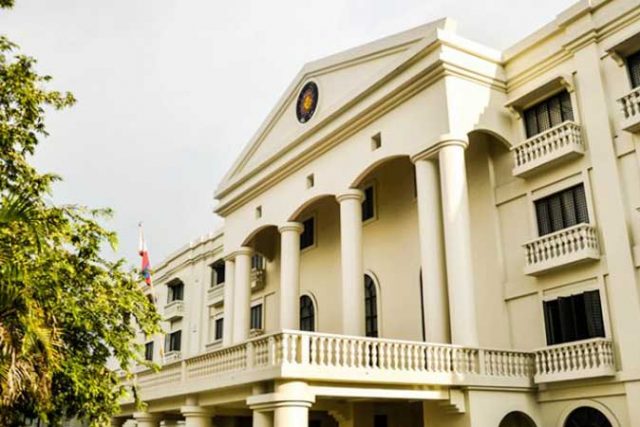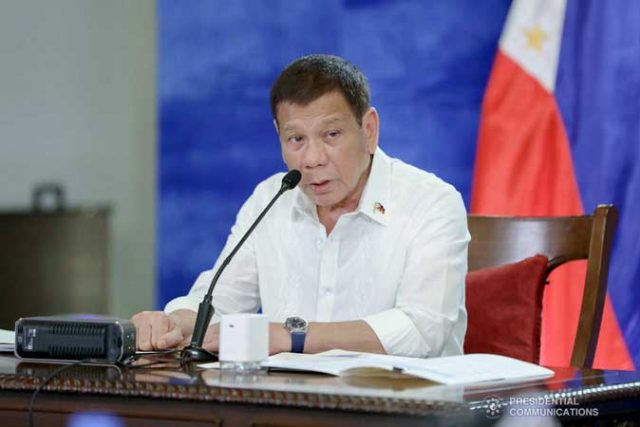Job losses for 400,000 OFWs and 4.5 million working domestically, a GDP contraction of about 9.6% year on year, and an exports decline of 10% were just some of the adverse effects of COVID-19 last year on the Philippine economy.
Fortunately, recent forecasts have economic activity improving during the second half of 2021, while exports are rebounding. However, the pandemic continues to dampen recovery prospects.
In an article last week, my colleague wrote about the implications of new Revenue Regulations (RR) No. 9-2021, implementing a significant shift in the VAT rules under the Republic Act 10963, otherwise known the TRAIN law, which hopefully will not pour more cold water on the recovery of our exporters.
Under the TRAIN law, transactions previously treated as VAT zero-rated are subject to 12% VAT once the government has established an enhanced VAT refund system with a 90-day turnaround for granting VAT refunds, and has fully paid in cash the VAT refund of all pending claims as of Dec. 31, 2017 by Dec. 31, 2019.
Under the RR which took effect on June 27, some indirect exports which were previously considered zero-rated export sales are now subject to 12% VAT.
RR 9-2021, which took effect on June 27, was followed by a Tax Advisory from the BIR that it will no longer accept applications for VAT zero-rating. Consequently, local VAT suppliers are now imposing 12% VAT on their sale of goods or services to ecozone enterprises (including those registered with the Philippine Economic Zone Authority or PEZA).
However, the RR appears to have been issued without considering the provisions of the newly enacted RA 11534, otherwise known as the CREATE law, which retains the incentive of registered business enterprises (RBEs) with respect to VAT zero-rating on local purchases under Section 294(E) in relation to Section 295(D) of the National Internal Revenue Code.
The recently issued Implementing Rules and Regulations (IRR) of the CREATE law reiterates such VAT zero-rating on local purchases, but limits this to purchases of goods and services “directly and exclusively used” in the registered project or activity of the export enterprises. It further clarifies that the VAT zero-rating on purchases applies to those necessary for the registered activity or activity without which the registered project or activity cannot be carried out.
To address the adverse consequences of RR 9-2021, the BIR should clarify what purchases actually qualify for VAT zero-rating, with due consideration of the CREATE law. Otherwise, the 12% VAT passed on by the local suppliers, which may otherwise be considered as VAT zero-rated, will become an unnecessary cost of the ecozone exporters. This is particularly true for non-VAT registered PEZA entities (i.e., subject to 5% gross income tax) or even those that are VAT-registered but reporting their export sales as VAT-exempt sales or not subject to VAT pursuant to the legal fiction that ecozones are outside the Philippine customs territory. Such entities will be unable to recover the same through the VAT refund/credit route. The additional cost will then make our exporters less competitive in the international market.
In coming up with the list of purchases entitled to VAT zero-rating, the BIR may consider applying the definition of “cost of goods manufactured and sold” and “cost of services,” under Section 27(E) of the Tax Code, which reads as follows:
(4) Gross Income Defined. — For purposes of applying the minimum corporate income tax provided under Subsection (E) hereof, the term ‘gross income’ shall mean gross sales less sales returns, discounts and allowances and cost of goods sold. ‘Cost of goods sold’ shall include all business expenses directly incurred to produce the merchandise to bring them to their present location and use.
xxx
For a manufacturing concern, ‘cost of goods manufactured and sold’ shall include all costs of production of finished goods, such as raw materials used, direct labor and manufacturing overhead, freight cost, insurance premiums and other costs incurred to bring the raw materials to the factory or warehouse.
In the case of taxpayers engaged in the sale of service, ‘gross income’ means gross receipts less sales returns, allowances, discounts and cost of services. ‘Cost of services’ shall mean all direct costs and expenses necessarily incurred to provide the services required by the customers and clients including (A) salaries and employee benefits of personnel, consultants and specialists directly rendering the service and (B) cost of facilities directly utilized in providing the service such as depreciation or rental of equipment used and cost of supplies: xxx.
Although the foregoing provision specifically pertains to the computation of gross income for purposes of applying the minimum corporate income tax (MCIT), this section of the Tax Code has been cited by the courts in determining the deductions from gross income for purposes of computing the 5% gross income tax (GIT), as in the case of East Asia Utilities Corporation vs. Commissioner of Internal Revenue, CTA case no. 8179 dated May 21, 2014 (which was later affirmed by the Supreme Court in November 2020).
It may also be argued that the terms “cost of goods manufactured and sold” and “cost of services” could equate to the goods and services “directly and exclusively used” in the registered project or activity of export enterprises, as defined in the CREATE IRR.
As for goods and services purchased by ecozone exporters that may not qualify as “directly and exclusively used” in their registered projects, as I mentioned earlier, could these even be refunded even if we were to accept the BIR’s claim that an efficient VAT refund mechanism is already in place?
To avoid the cost or nuisance, or even the risk of not recovering the passed-on VAT by local purchasers even for goods or services that are directly used in the registered activity, it is possible that the ecozone entities will look at shifting their purchases from local sources to foreign suppliers in the future. Is this a consequence that our legislators envisioned when they formulated our tax reform laws? Lowering the corporate rate to 25% and rationalizing tax incentives to have a simpler, fairer and more efficient tax system should not result in overburdening existing businesses and putting our export industry between a rock and a hard place.
Although the BIR has the gargantuan task of meeting its 2021 collection target of P2.081 trillion, which is 6% higher than total 2020 collections, it should also be sensitive to the needs of our exporters, including the PEZA entities such as the business processing outsourcing enterprises (i.e., call centers), because they generate the employment, foreign currency inflows and foreign direct investments that we need now more than ever to recover from the setbacks brought by the pandemic.
The views or opinions expressed in this article are solely those of the author and do not necessarily represent those of Isla Lipana & Co. The content is for general information purposes only, and should not be used as a substitute for specific advice.
Carlos Hilario R. Mateo is an Executive Director with the Tax Services group of Isla Lipana & Co., the Philippine member firm of the PwC global network.
carlos.mateo@pwc.com












